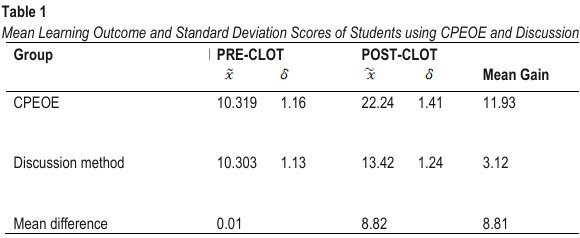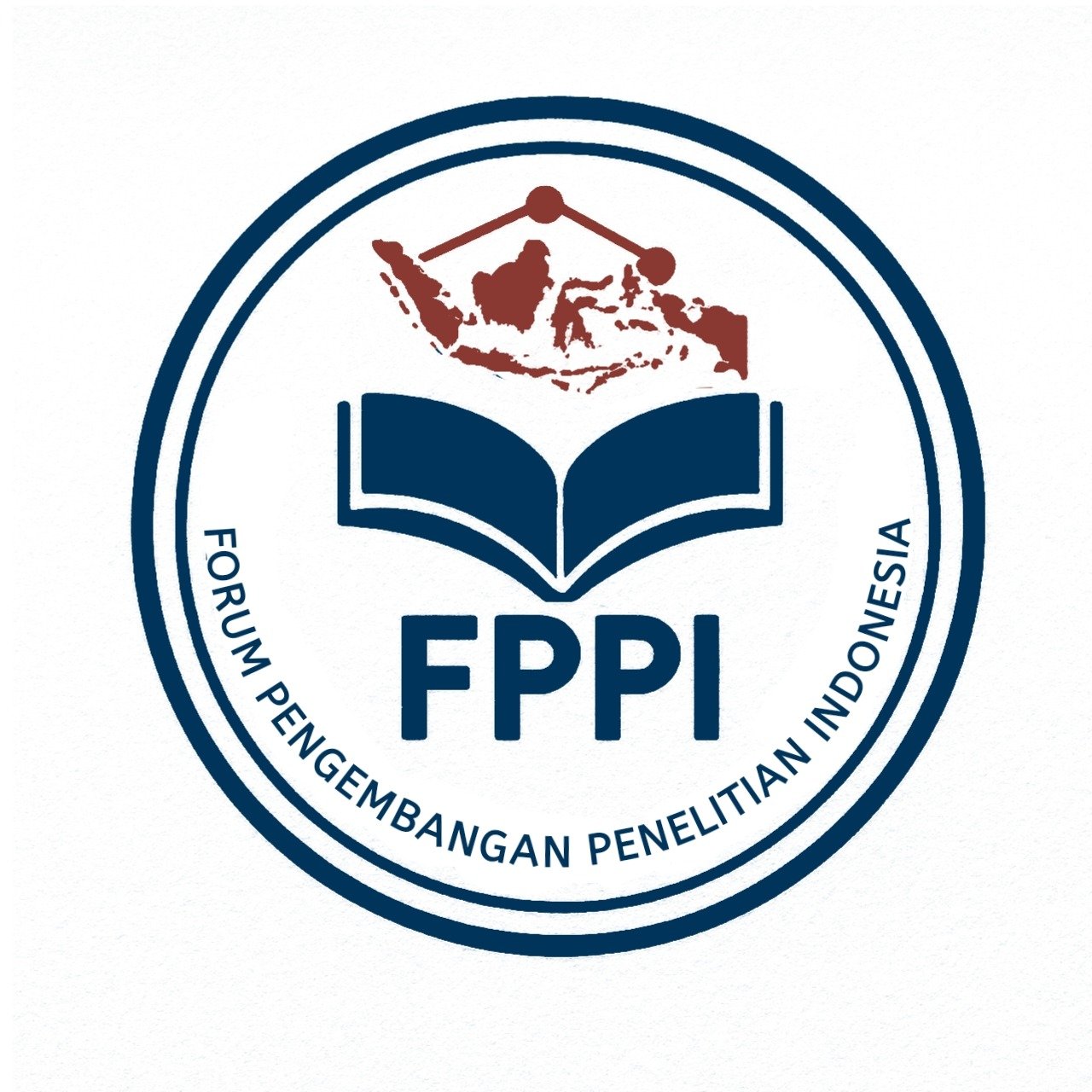Creation and Utilization of Collaborative-Predict-Explain-Observe-Explain (CPEOE) Instructional Package and Students’ Learning Outcomes in Chemistry in Nigeria
DOI:
https://doi.org/10.56855/jrsme.v4i2.1438Keywords:
Collaborative-Predict-Explain-Observe-Explain (CPEOE), Students’ Learning Outcome, ChemistryAbstract
Purpose: This research was on how to create Collaborative-Predict-Explain-Observe-Explain (CPEOE) instructional package and it investigated the effectiveness of utilizing CPEOE to enhance students’ learning outcomes in Chemistry in Nigeria. CPEOE was modified from Predict-Explain-Observe-Explain (PEOE) by the author to emphasize that, knowledge is a social construct and as a result, instruction need to involve learners working in teams or groups to easily and successfully accomplish a common goal. Methodology: The sample of this study was made up 152 SS2 Students that were drawn from 4 senior secondary schools in Ekiti State, Nigeria using multi-stage sampling technique. Quasi-experimental research design was adopted and the instrument used for data collection was Chemistry Learning Outcome Test (CLOT). Kuder-Richardson was used to ascertain the reliability which gave a reliability value of 0.93. Three research questions and two null hypotheses guided the study. The research questions were answered using Mean and Standard Deviation scores while the hypotheses were tested at 0.05 significance level using Analysis of Covariance. Findings: It was found that there is significant difference in the mean learning outcome scores between students taught Chemistry using CPEOE and those taught using discussion method in favour of CPEOE [F(1,151)=188.100, p<0.05]. It is found that there is no significant difference in the mean learning outcome scores between male and female students taught Chemistry using CPEOE [F(1,78)=163.100, P>0.05]. Significance: It was recommended that chemistry teachers should adopt CPEOE for teaching, since it was found to be an effective instructional package in improving students’ learning outcomes in chemistry.

Downloads
Published
How to Cite
Issue
Section
License
Copyright (c) 2025 Victor Oluwatosin Ajayi

This work is licensed under a Creative Commons Attribution 4.0 International License.










